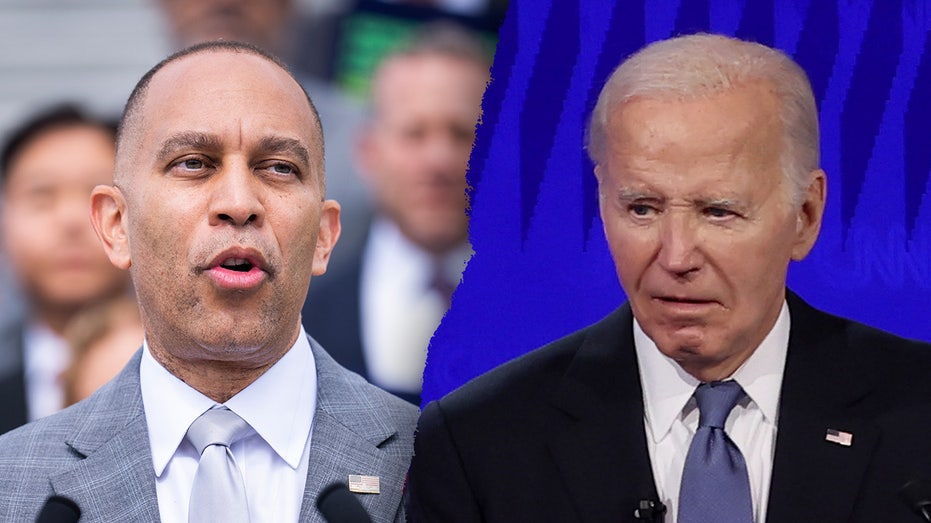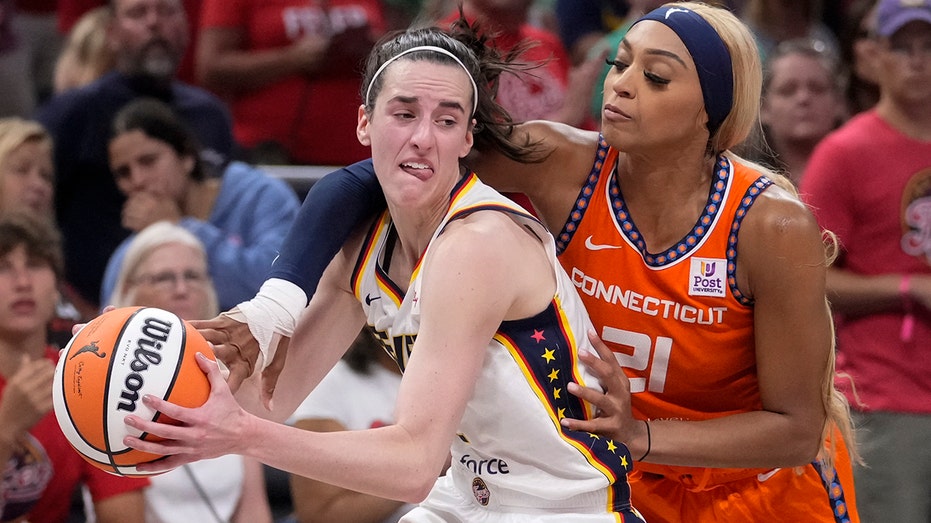Supreme Court grapples with flavored vape ban: Key takeaways
The Supreme Court on Monday heard arguments about the federal regulation of flavored e-cigarettes, in a case pitting the Food and Drug Administration (FDA) against two vaping companies. Justices weighed whether the agency acted lawfully when it denied the applications of the companies to market fruity and dessert-flavored liquids for their electronic nicotine products....

The Supreme Court on Monday heard arguments about the federal regulation of flavored e-cigarettes, in a case pitting the Food and Drug Administration (FDA) against two vaping companies.
Justices weighed whether the agency acted lawfully when it denied the applications of the companies to market fruity and dessert-flavored liquids for their electronic nicotine products. FDA deemed the flavors were too appealing to young people without being beneficial enough to existing smokers trying to switch to vaping.
A decision is expected by the end of the Supreme Court term in June.
Here's what to know about FDA v. Wages and White Lion Investments:
Justices seemed sympathetic to FDA
The case centered on an FDA appeal of a ruling by the ultraconservative U.S. Court of Appeals for the 5th Circuit that said the agency unfairly changed its standards while reviewing the companies’ applications.
The appeals court slammed FDA’s conduct, claiming the companies were told that the agency required certain studies but then changed its mind and required different studies.
But at least two of the Supreme Court’s conservative justices seemed to think the agency acted properly, and that FDA had been clear from the outset that it was making decisions based on whether the products appealed to young people.
Justice Brett Kavanaugh said, after the agency reviews the application and rejects it because of the risks to youth, “it's kind of the end of it, isn't it?"
His view was shared by Justice Amy Coney Barrett, who seemed to agree FDA hadn’t meaningfully changed its requirements during the review.
Kavanaugh also questioned why the companies were arguing in court in the first place, since the remedy they want — FDA to reconsider the applications — is already an option. Companies are free to reapply for approval after being rejected, though there’s no guarantee FDA won’t come to the same conclusion and reject the application again.
The three liberal justices also seemed to think the FDA has been consistent.
“There's just not a lot of mystery here about what FDA was doing. You might disagree with that. But you can't say FDA hasn’t told you all about what it was thinking,” Justice Elena Kagan said.
Youth vaping in focus
The FDA has authorized the sale of only 27 e-cigarette products, and all except one have been tobacco flavored, which is not widely used by young people.
It has denied millions of others. Companies seeking the agency’s approval must clear a high legal bar since such products pose a “known and substantial risk to youth,” the FDA said.
The case comes as teen vaping rates have dropped to the lowest level in a decade, which federal officials attribute mostly to regulatory efforts.
Still, more than 1.6 million children use the products, according to the Centers for Disease Control and Prevention. Nearly 90 percent of them use illicit flavored brands, according to federal data.
White Lion Investments, which conducts business as Triton, makes e-liquids with flavors including Signature Series Mom’s Pistachio and Suicide Bunny Mother’s Milk and Cookies. Another e-cigarette maker in the lawsuit, Vapetasia, asked for approval for flavors including Iced Pineapple Express and Killer Kustard Blueberry.
“I’m not really seeing what the surprise is here or what the change is here,” Kagan said. “Everybody basically knows that flavors are particularly dangerous in terms of kids starting the use of smoking products.”
Justice Department attorney Curtis Gannon echoed Kagan’s comments, saying FDA’s position has been consistent.
“There’s no mystery here … that the FDA thought there was a risk to youth,” Gannon said.
The companies tried to show that flavors had “an offsetting benefit with adults,” Gannon said, but FDA concluded otherwise.
“Common sense tells us that a flavor like ‘Mother’s Milk and Cookies’ is going to be disproportionately attractive to children,” Gannon said.
Trump's looming impact
Looming over the case is the future of FDA’s approach to vaping.
President-elect Trump has vowed to “save vaping,” though his administration in 2020 attempted to restrict flavored vaping products.
Eric Heyer, the attorney for the companies, said he didn't know what Trump's pledge would look like, but his clients were hoping for a different result under a new FDA if the court ordered the agency to reexamine the applications.
The Vapor Technology Association, a trade group representing manufacturers, retailers and others, said in a statement the incoming administration “can quickly and decisively end all current litigation — and all future litigation that will follow a SCOTUS decision favorable to industry — by implementing a new tobacco products standard.”
But Andrew J. Twinamatsiko, a director of the Center for Health Policy and the Law at Georgetown University Law Center, said the Tobacco Control Act has very strict criteria for authorizing marketing of a product.
"You have to show this product isn’t an on-ramp for nonusers, and it's an off-ramp for existing users of more dangerous tobacco products," Twinamatsiko said.
So even if a new administration approves fruit and candy flavored products, “there is still a chance to hold the FDA’s feet to the fire,” Twinamatsiko said.



